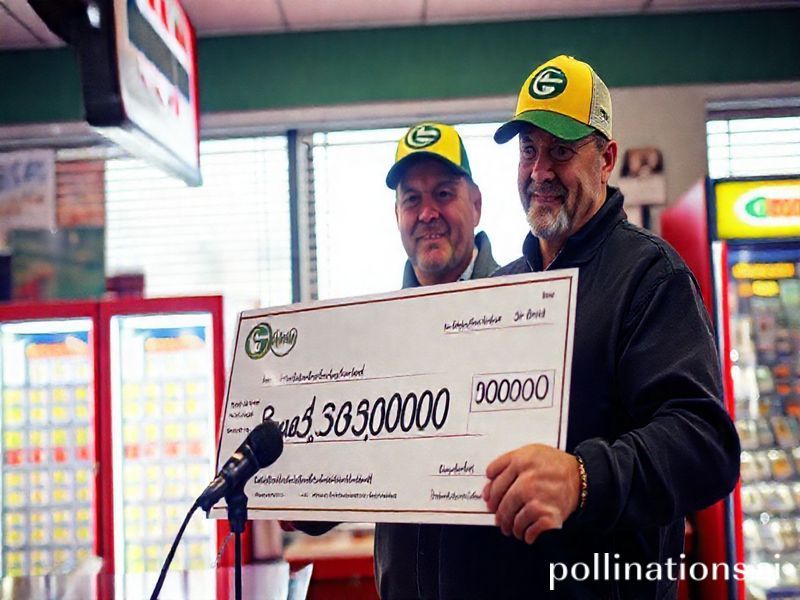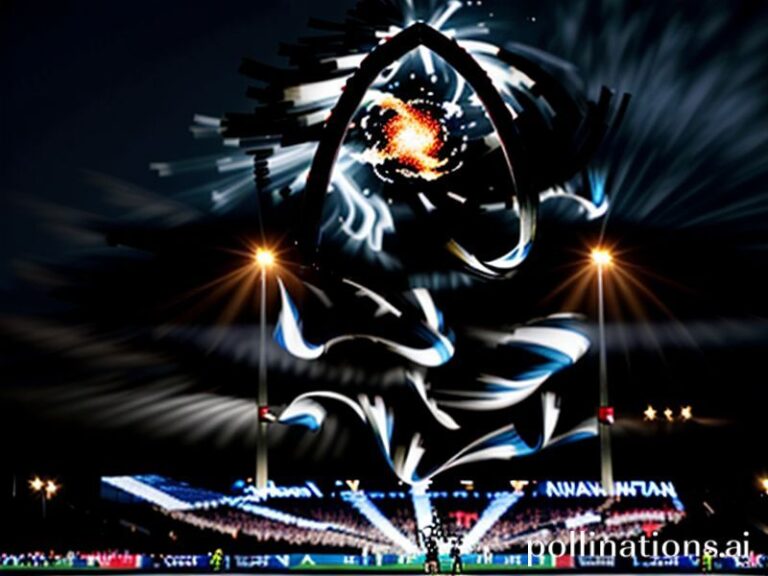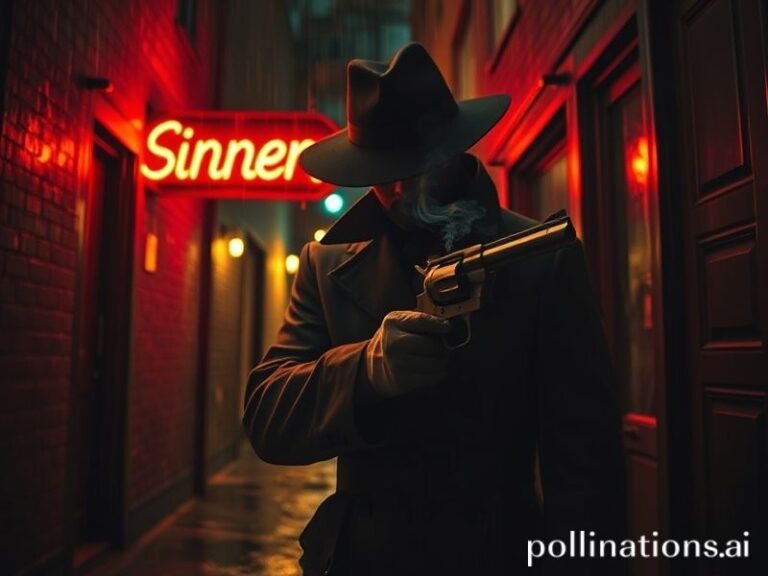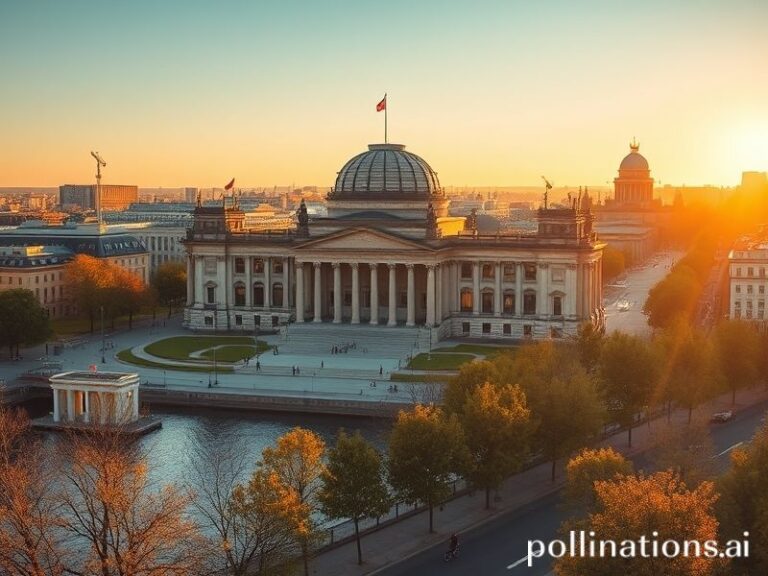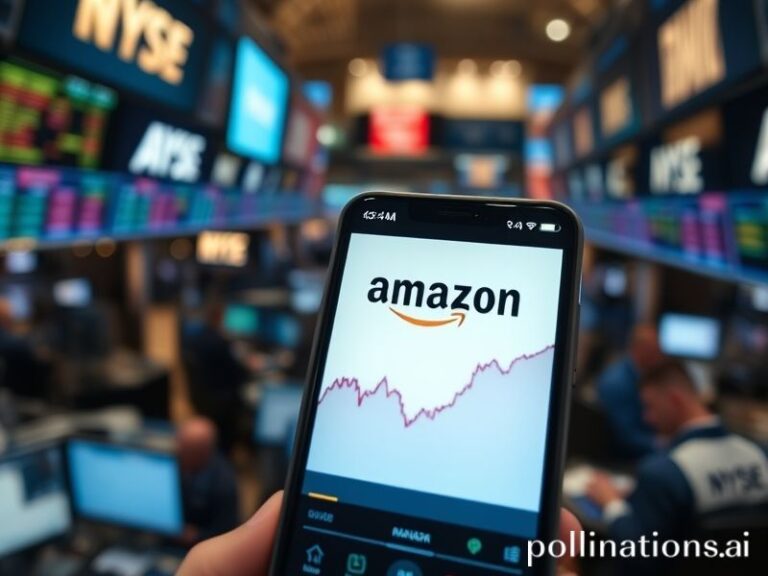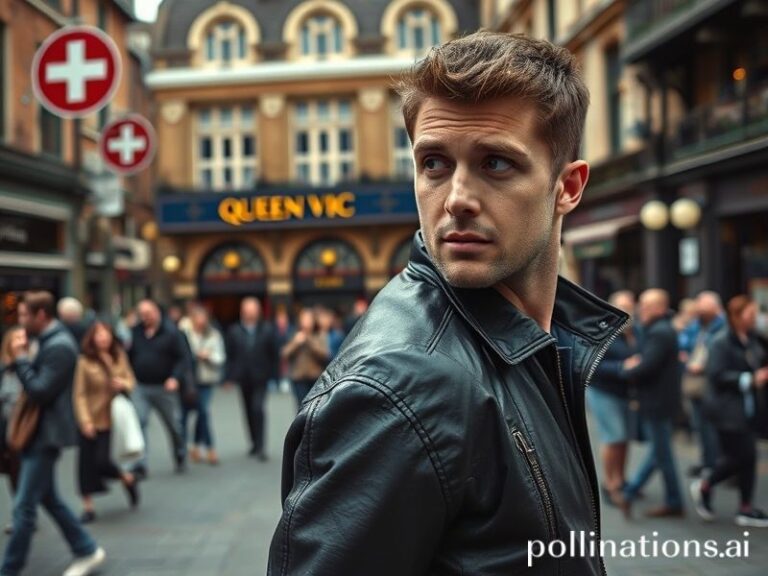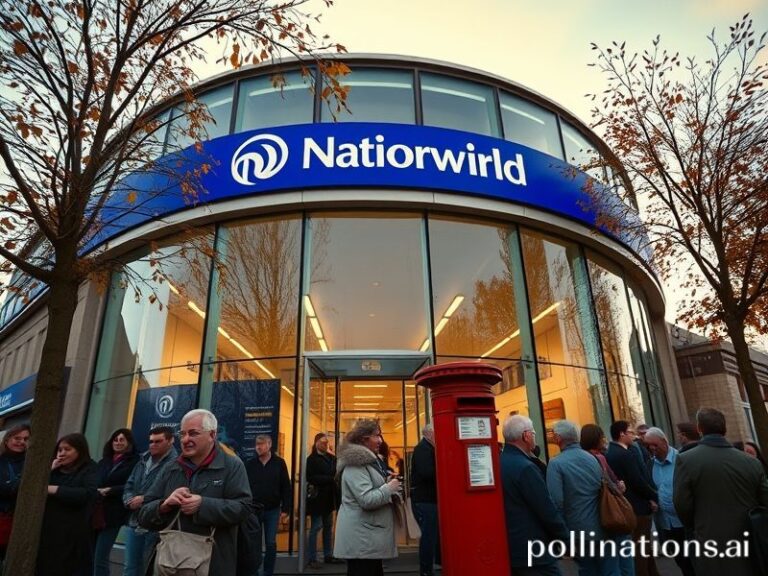wisconsin lottery
Wisconsin Lottery: Where Dairyland Dreams Meet the Global Delusion of Getting Rich Without Actually Doing Anything
By Our Man in Geneva, Still Recovering from the Last Davos After-Party
MADISON—From the air, Wisconsin looks like a polite green doily laid over North America’s midriff, all silos, supper clubs, and the occasional cow wondering why the grass in Silicon Valley tastes of VC money. Somewhere between the cheddar and the Packers, the Wisconsin Lottery sells roughly 700 million dollars’ worth of scratch-and-pray tickets every year. That’s enough to buy every resident of Iceland a season ticket to existential dread—or, more practically, to fund the state’s public schools so they can teach children that probability is merely a suggestion.
To the jaded international observer, the Wisconsin Lottery is not an anomaly; it is merely the provincial cousin of every national fantasy from Macau’s baccarat temples to Nigeria’s noisy “Sure 2 Odds” WhatsApp groups. The odds of winning Wisconsin’s Powerball jackpot are 1 in 292 million, slightly worse than the odds of a UN resolution being implemented on time. Yet the state’s billboards—strategically placed beside rusting tractor dealerships and artisanal cheese caves—promise “Billion-Dollar Dreams.” They omit the footnote: dreams sold separately, batteries (and hope) not included.
Globally, lotteries now function as a sort of reverse Robin Hood mechanism: the poor voluntarily hand over spare change so that one lucky winner can purchase a Bugatti and a minor political scandal. In 2023, worldwide lottery revenue surpassed 300 billion dollars, a figure that eclipses the GDP of Finland and neatly covers the cost of eradicating malaria—twice. Instead, we get another yacht named “Serenity Now.” Wisconsin’s cut may look modest, but remember: scale is relative. The state’s annual lottery haul could bankroll the World Health Organization’s emergency-response budget, yet here it is underwriting the third-grade recorder program in Oshkosh. One must admire the democratic elegance: we gamble away global health so that little Madison can butcher “Hot Cross Buns” on a plastic flute.
The marketing is masterclass Americana. Scratch tickets depict barns, trout, and smiling badgers wearing foam cheeseheads—icons of a pastoral past that never really existed, sold to a population increasingly priced out of that very countryside. Overseas, the messaging mutates: in Singapore, the same impulse is wrapped in feng-shui red; in Spain, El Gordo promises Christmas sweaters and filial piety. The Wisconsin twist is the Calvinist aftertaste: winners are encouraged to set up donor-advised funds, because nothing screams puritanical guilt like giving half your jackpot to the Lutheran church while secretly buying a lake house you’ll visit twice.
International speculators—yes, they exist—track U.S. state lotteries the way hedge funds track copper futures. When Wisconsin’s jackpot swelled to 250 million last spring, a syndicate in Dubai tried to buy every number combination through a proxy gas-station clerk in Kenosha. The FBI politely intervened, citing interstate commerce laws and, one suspects, the sheer embarrassment of explaining to Dubai that their algorithm had failed to account for Wisconsin’s deep-fried attention span.
Meanwhile, the social fallout is universally predictable. Winners in the Badger State are statistically more likely to declare bankruptcy within five years than to install solar panels. Therapists in Milwaukee report a spike in “sudden-wealth syndrome,” a first-world ailment that sounds suspiciously like what happens when you hand a Labrador the car keys. Across the Atlantic, French sociologists—who study American pathologies the way ornithologists study dodos—note that Wisconsin’s lottery winners mirror Euromillions victors: they buy a vineyard they can’t pronounce, alienate relatives, and end up on a reality show called something like “From Cheddar to Château.”
There is, of course, the obligatory good-news angle: lottery proceeds have financed 1.4 billion dollars in property-tax relief since 1988. In practice, this means your aunt in Wausau saves thirty-seven cents a year, which she promptly reinvests in a scratch ticket depicting a smiling cow. The circle of life, sponsored by Scientific Games.
So what does Wisconsin teach the planet? That human optimism is a renewable resource, endlessly harvested by mathematicians in suits. That in an era of crypto crashes and AI job displacement, the analog scratch of a coin against latex still feels reassuringly tangible. And that, despite every economic indicator screaming “apocalypse,” we remain steadfast in our belief that the universe owes us a Powerball miracle—preferably before the glaciers finish melting.
In conclusion, the Wisconsin Lottery is not merely a regional habit; it is a synecdoche for our collective refusal to do the math. From Lagos lotto kiosks to the neon keno parlors of Macau, the same candle flickers: maybe, just maybe, tomorrow the odds will blink first. Until then, keep scratching, dear reader. The house always wins, but at least the Badger State lets you do it while eating deep-fried cheese curds.

